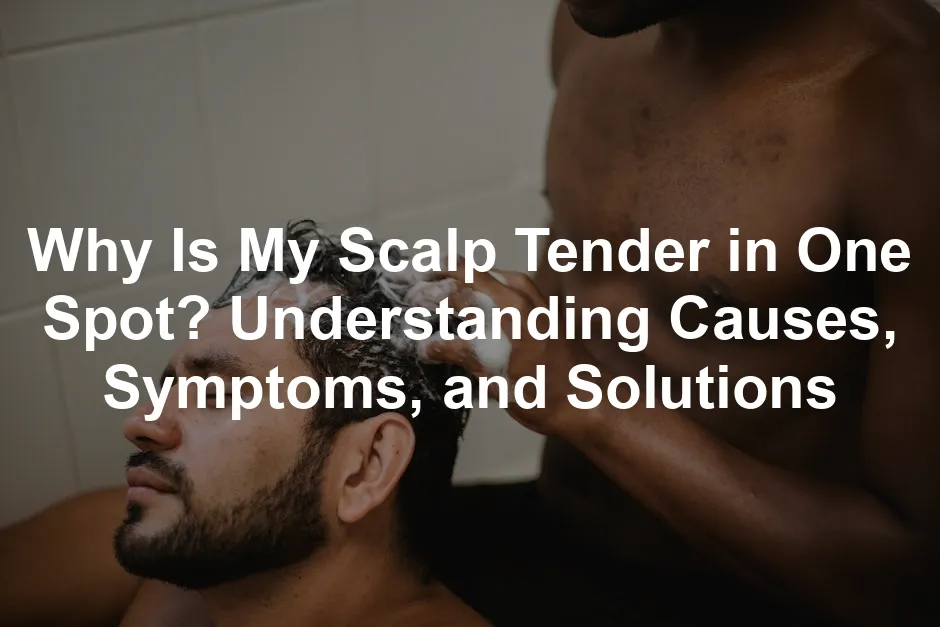
Why Is My Scalp Tender in One Spot? Understanding Causes, Symptoms, and Solutions
Introduction
Have you ever noticed a tender spot on your scalp? You’re not alone! Scalp tenderness is quite common and can lead to discomfort. In this article, we will discuss various reasons for localized scalp tenderness, the symptoms you might experience, and effective treatments to alleviate this issue. Let’s get to the bottom of your scalp sensitivity!
And speaking of tenderness, if you’re looking to soothe your scalp and keep it hydrated, consider using Aloe Vera Gel. This miracle plant is known for its soothing properties that can help calm irritation and provide moisture to your scalp.

Summary and Overview
Scalp tenderness refers to pain or discomfort felt in a specific area of the scalp. This condition is often associated with various factors such as skin disorders, tight hairstyles, and even neurological issues. Many people experience this type of tenderness at some point in their lives. Symptoms can include pain, itching, inflammation, and sensitivity when moving hair. If left unaddressed, these symptoms can affect your daily life and overall well-being. Understanding the underlying causes is vital for effective treatment and relief.
To keep your scalp happy, consider using a Gentle Hydrating Shampoo. It’ll keep your hair clean without stripping away the moisture that your scalp craves!
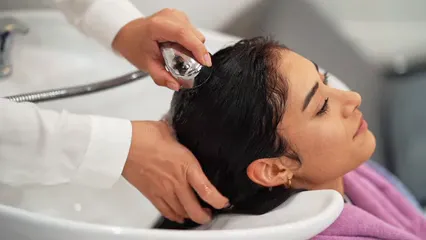
Common Causes of Scalp Tenderness in One Spot
Scalp Trauma
Scalp trauma includes any cuts, bumps, or bruises that can occur on the head. You might not even remember the incident, but these injuries can lead to localized tenderness. It’s common when you accidentally bump your head or scratch your scalp. Treatment options for mild injuries typically involve keeping the affected area clean and free from irritation. Applying an over-the-counter anti-bruising gel can help, too. If you notice signs of infection, such as increased redness or swelling, consult a healthcare professional.
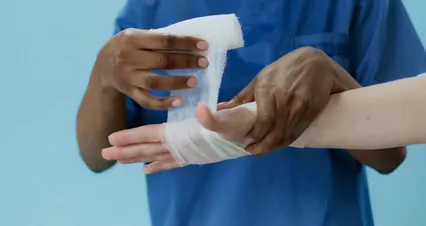
Friction or Pressure from Headgear
Wearing tight hats, helmets, or headsets for prolonged periods can create friction against the scalp. This pressure can irritate the skin, leading to tenderness. If you’ve been wearing headgear a lot, that may be the culprit! To alleviate discomfort, take breaks from wearing these items. A cool compress pack can also help reduce irritation and soothe your scalp.

Sunburn on the Scalp
Your scalp can get sunburned just like any other part of your skin. Tenderness often arises in exposed areas, especially if you spend time outdoors without protection. Symptoms of sunburn on the scalp can include redness, peeling skin, and discomfort. Protecting your scalp from the sun is essential. Always wear a hat or apply sunscreen designed for the scalp to prevent burns. If you do get sunburned, keep the area moisturized and consider using aloe vera or after-sun lotion for relief.
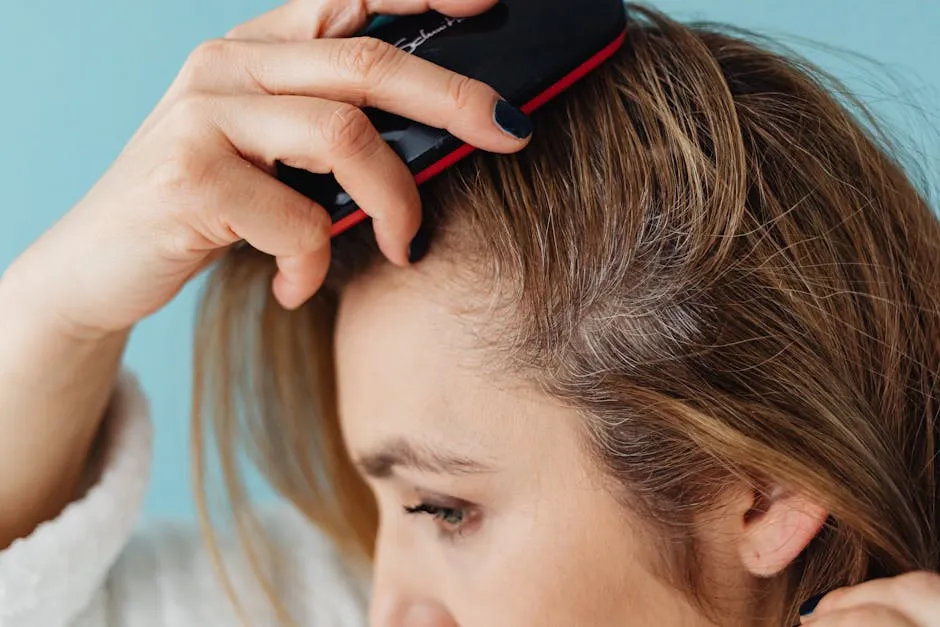
Common Scalp Conditions
Several skin conditions can lead to localized tenderness on the scalp. Scalp psoriasis, for example, results in dry, itchy patches that can be painful to touch. Seborrheic dermatitis can also cause redness and flaking, further contributing to sensitivity. Folliculitis treatment cream may manifest as painful bumps that can be bothersome. If you suspect any of these conditions, it’s best to consult a dermatologist for appropriate treatment, which may include medicated shampoos or topical creams.

Traction Alopecia
Tight hairstyles like braids, ponytails, or buns can result in traction alopecia. This condition occurs when hair is pulled too tightly, causing tenderness and potential hair loss. To prevent this issue, consider giving your hair a break from tight styles. Looser hairstyles can help reduce stress on your scalp and promote healthier hair growth. If you’re looking for a stylish way to keep your hair back, try hair ties for loose hairstyles.
Trichotillomania
Trichotillomania is an impulse control disorder where individuals pull out their hair, leading to localized tenderness. This behavior can cause irritation and inflammation on the scalp. Treatment often involves therapy, particularly cognitive-behavioral therapy, to manage triggers and reduce hair-pulling behaviors. If you or someone you know is struggling with this condition, seeking professional help is crucial. A Trichotillomania therapy workbook can provide guidance and strategies to cope with this condition.

Migraines and Scalp Pain
Migraines can cause scalp tenderness as well. This sensitivity is often referred to as allodynia, where even light touch can feel painful. If your tender scalp coincides with migraine episodes, consult a neurologist for effective management strategies tailored to your specific needs. Identifying triggers and appropriate treatments can help alleviate both migraines and scalp discomfort. For relief, consider using a rollerball essential oil for headaches.
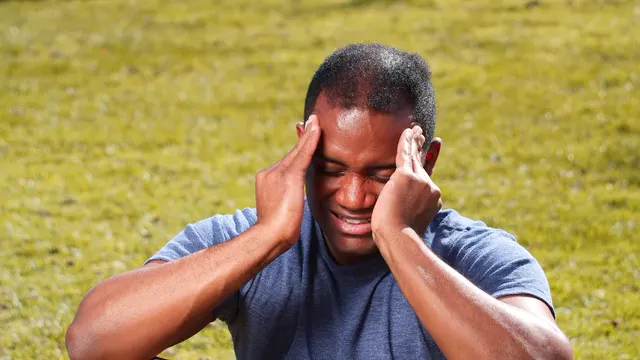
How to Prevent Scalp Tenderness
Preventing scalp tenderness often involves simple changes to your routine. Start by choosing hairstyles that won’t put stress on your scalp. Loose ponytails or braids are great alternatives. Keeping your scalp clean and moisturized is crucial, too. Regularly wash your hair with gentle shampoos to prevent build-up. Avoid harsh products that can irritate your skin. Also, don’t forget to protect your scalp from the sun! Wearing hats or using medical-grade sunblock can shield your scalp from harmful UV rays. Lastly, consider massaging your scalp during hair care. This can promote circulation and relaxation, keeping your scalp happy and healthy.
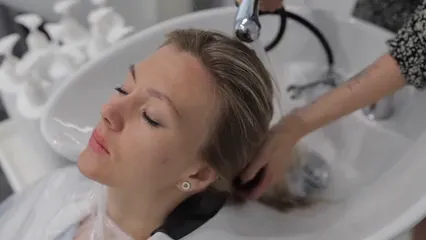
What to Do If Your Scalp Tenderness Persists
If your scalp tenderness doesn’t improve, consulting a healthcare professional is essential. Persistent pain might signal an underlying issue that needs attention. A trichologist or dermatologist can provide specialized care tailored to your needs.
A trichologist focuses on hair and scalp health, while a dermatologist handles broader skin concerns. During your visit, they will likely perform a thorough examination. They may ask about your symptoms, medical history, and lifestyle factors. Diagnostic methods could include scalp biopsies or blood tests if necessary. These steps help determine the root cause of your discomfort and guide appropriate treatments. Don’t hesitate to seek help—your scalp health matters!

Conclusion
Understanding the causes of scalp tenderness is vital for effective treatment. By monitoring your symptoms, you can identify patterns and potential triggers. If discomfort persists or worsens, seeking professional help is crucial. Scalp health is often overlooked, but it plays a significant role in your overall well-being. Keep your scalp clean, moisturized, and protected from the sun. Remember, a healthy scalp supports healthy hair and contributes to your confidence and comfort. Take care of your scalp, and it will take care of you!

Frequently Asked Questions
1. What causes scalp tenderness in one spot?
Scalp tenderness in one spot can stem from several factors. Common causes include trauma, such as bumps or cuts. Tight hairstyles can lead to discomfort, pulling on hair follicles. Skin conditions like psoriasis, dermatitis, or folliculitis can also cause localized pain. Allergic reactions to hair products may irritate the scalp, leading to tenderness. Even sunburn can cause soreness in exposed areas. Understanding the underlying cause is crucial for effective treatment.
2. How can I relieve scalp tenderness?
To relieve scalp tenderness, start with gentle care. Use a cool compress on the affected area to reduce inflammation. Massaging your scalp can also help improve blood flow and relieve tension. Opt for mild, hydrating shampoos free of harsh chemicals. Avoid tight hairstyles that may exacerbate the issue. Additionally, consider using essential oils like lavender for a soothing effect. If tenderness persists, consult a healthcare professional for tailored advice.
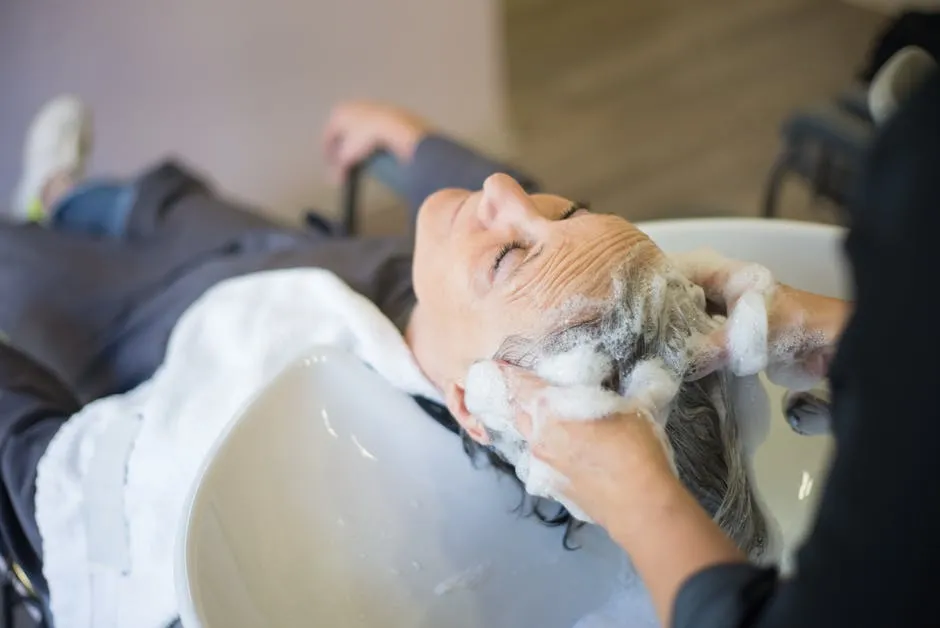
3. When should I see a doctor for scalp tenderness?
You should see a doctor if your scalp tenderness lasts more than a few days. If you experience severe pain, swelling, or signs of infection, such as discharge or fever, seek medical attention. Additionally, if you notice hair loss accompanying the tenderness, it’s important to consult a specialist. A healthcare provider can evaluate your symptoms and recommend appropriate treatments.
4. Can tight hairstyles cause scalp tenderness?
Yes, tight hairstyles can definitely cause scalp tenderness. Styles like tight ponytails, braids, or buns pull on the hair roots, leading to irritation and pain. This condition is often referred to as traction alopecia, which can result in hair thinning over time. To prevent this discomfort, alternate your hairstyles and opt for looser options whenever possible. Giving your scalp a break from tight styles helps maintain its health.
5. Is scalp tenderness a sign of hair loss?
Scalp tenderness can sometimes indicate potential hair loss. Conditions like traction alopecia, linked to tight hairstyles, can lead to both tenderness and hair thinning. Additionally, inflammatory scalp disorders such as psoriasis may also cause tenderness and hair loss. However, not all scalp tenderness results in hair loss. If you notice both tenderness and thinning hair, it’s best to consult a healthcare professional for a proper evaluation.
6. What home remedies can help with scalp tenderness?
Several home remedies can help soothe scalp tenderness. Applying a cool compress can reduce inflammation and discomfort. Consider using aloe vera gel for its soothing properties. Gentle scalp massages with essential oils can promote relaxation and improve circulation. Additionally, keeping your scalp clean and moisturized is key. Avoid using harsh shampoos or styling products that can irritate the skin. If symptoms persist, consult a healthcare provider.
7. How does scalp tenderness relate to migraines?
Scalp tenderness can be related to migraines, particularly through a phenomenon known as allodynia. This condition makes the scalp sensitive to touch, causing pain when moving hair or applying pressure. Migraines often involve nerve sensitivity, which can extend to the scalp. If you experience tenderness during migraines, tracking your symptoms may help identify triggers. Discussing this connection with a neurologist can lead to better management of both migraines and scalp discomfort.
Please let us know what you think about our content by leaving a comment down below!
Thank you for reading till here 🙂
All images from Pexels




